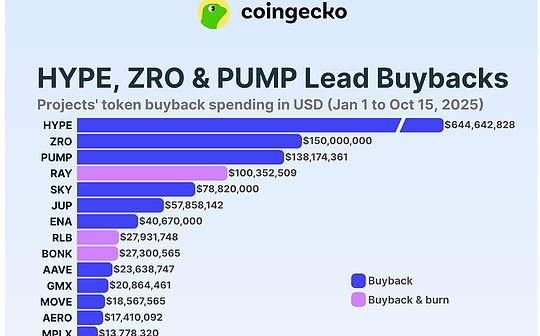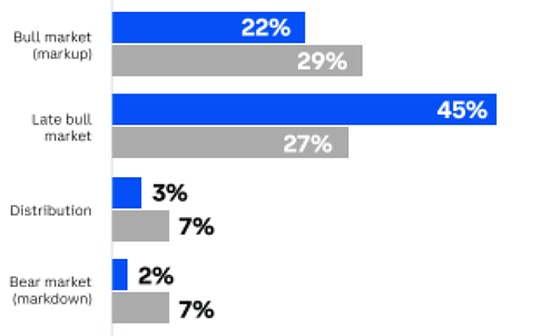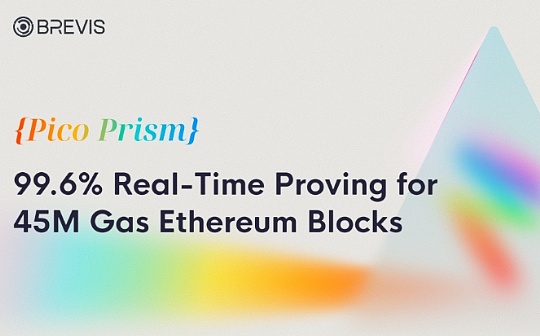
With the tide of blockchain technology surging, crypto mining companies have become a global investment hotspot.In this digital gold rush, the United States is rapidly emerging as an absolute highland of global crypto mining with its unique advantages – a friendly regulatory environment, low energy costs and geopolitical-driven localized manufacturing trends.Data from the White House Office of Science and Technology Policy shows that as of 2022, the United States’ share of global Bitcoin mining computing power exceeded 37.84%, ranking first in the world, and at the same time, it attracted dozens of listed companies to make plans. The industry map of crypto mining is expanding at an unprecedented speed.
However, under this prosperous scene, mining companies that mine and sell cryptocurrencies directly in the United States are facing the trouble of double tax burdens.The cryptocurrency from mining income must be declared at fair market value when it is acquired; and when it is sold in the future, it must be taxed according to the capital gains tax regulations relative to the value-added part at the time of acquisition.This layered tax burden objectively brings heavy tax burden to crypto mining companies.However, through appropriate tax arrangements, mining companies can reasonably and legally reduce large taxes and convert the original tax burden into additional competitiveness.
1. United States, Singapore, Hong Kong: Comparison of capital gains tax systems
Cryptocurrency tax policies vary in different jurisdictions.The United States regards cryptocurrencies as property and their sales or exchanges are subject to capital gains tax.The asset appreciation of enterprises (default type C enterprises, the same below) is subject to income tax at a federal unified rate of 21%, while individuals apply different tax rates according to the length of holding time: short-term holding (less than one year) is taxed at a general income tax rate of up to 37%, and long-term holding (more than one year) enjoys a preferential tax rate of 15% to 20%.Whether it is occasionally selling coins to cash out, or frequent trading or operation, the US tax law treats tax equally – as long as taxable transactions occur and profitable, taxes are required.This “tax is required for every profit” tax system design has put crypto investors and miners in the United States under great tax pressure.
In contrast, Singapore and Hong Kong’s capital gains tax policies are much more friendly.Both places currently do not tax cryptocurrency capital gains obtained by individuals and businesses through non-recurring investments.This means that as long as the relevant transaction is recognized as investment income under the capital account, investors do not need to pay taxes on the appreciation of the assets, thereby truly realizing the long-term zero-tax dividend.Of course, if the taxpayer’s behavior is considered to be frequent transactions or as an operating business, the business (or personal) income tax is required for its profits.Singapore tax authorities will be taxed at about 17% of corporate income tax, while individuals will apply a progressive tax rate of 0%-24% based on their income level; Hong Kong will tax the profits of recurring crypto transactions (company tax rate is 16.5% and individual tax rate is 15%).Although frequent traders still need to pay taxes, Hong Kong and Singapore are undoubtedly more competitive than the highest personal tax rate of 37% or the 21% federal corporate tax in the United States.

2. Borrowing Singapore: An option for American mining companies
Based on the tax system differences in different jurisdictions, a tax arrangement tailored for US crypto mining companies came into being.Take a Bitcoin mining company in the United States as an example. It can legally reduce the tax pressure caused by the appreciation of cryptocurrencies by establishing a cross-border architecture: the company can set up a subsidiary in Singapore, first sell the Bitcoin obtained from daily mining to the subsidiary at a fair market price, and then sell it to the global market.Through this “internal first, then outside” transaction arrangement, the US parent company only needs to pay corporate income tax on the initial mining income, while the value-added profit of the Singapore subsidiary holding Bitcoin,When the conditions are met, there is an opportunity to strive to apply the policy of non-tax capital gains and exempt from capital gains tax.
The tax-saving effect brought by this architectural design is obvious.Since Singapore does not impose capital gains tax on the value-added portion of the resale of long-term holdings of crypto assets, the spread profits obtained by Singaporean subsidiaries sell Bitcoin are almost no tax locally.By contrast, if a U.S. company directly holds Bitcoin until it appreciates and sells it locally, this portion of the appreciation gains will be subject to a federal long-term capital gains tax of up to 21%.By transferring the rise in currency prices to jurisdictions that are exempt from capital gains tax, the overall tax burden level of mining companies has been greatly reduced, releasing more funds for reinvestment or shareholder dividends, thereby leveraging greater profit margins for enterprises.
3. Risk warning: multiple considerations of tax arrangements
It should be emphasized that any tax arrangement needs to be carried out under a legal and reasonable framework. To achieve the tax effect in the above plan, transaction pricing and business essence must be carefully arranged to ensure compliance with local compliance requirements.For example, on the one hand, the US tax law has strict transfer pricing provisions on asset transactions between affiliated companies, requiring all related transactions to be conducted at fair market prices, otherwise they will face serious tax reviews and fines risks.On the other hand, Singapore’s tax authorities will also determine whether the income from the subsidiary’s sale of Bitcoin is capital gain or operating income based on the frequency and purpose of the transaction.Only value-added income recognized as investment nature can enjoy tax exemption.Therefore, during the implementation of this cross-border architecture, tax arrangements and compliance operations of professional institutions are required to be supported by professional institutions to ensure that the plan can achieve tax saving purposes without causing compliance risks.
4. Conclusion
This article only shares a preliminary tax arrangement idea.In actual operation, many factors such as the business model, shareholder composition, state laws, and international tax agreements of crypto mining companies will affect the design of the optimal solution.Tax arrangements are not a common formula, but need to be “tailored” based on the specific situation of the company.








